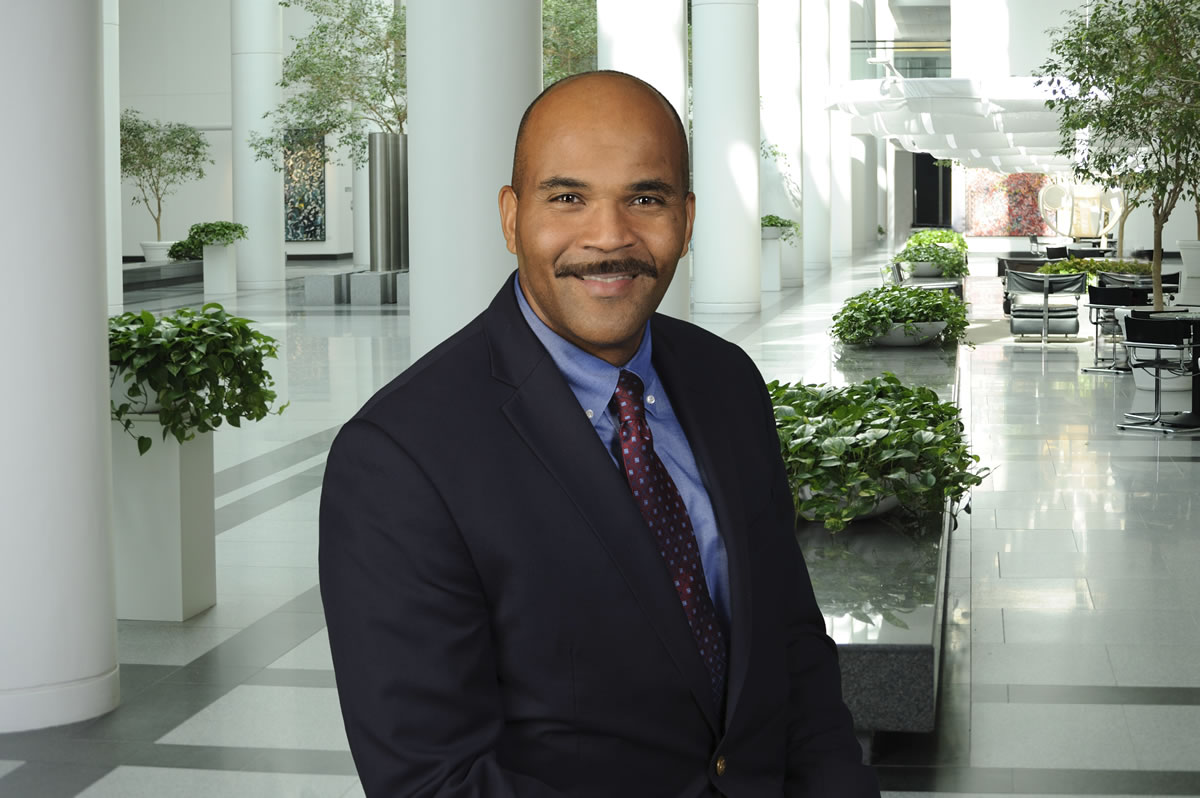Juvenile Attorney in Lawrenceville, GA
Criminal cases impacting minors (children under the age of 17) are handled differently than those where adults are arrested. The criminal courts have long recognized that a child’s developing mind is not able to comprehend and appreciate the consequences of certain behaviors. Therefore, for juveniles accused of a criminal offense, the courts focus on education and rehabilitation, rather than strictly punishment. Although delinquency petitions, where criminal offenses are allegedly committed by a child under the age of 17, may be the most common type of case addressed in Juvenile Courts in Georgia, there are actually five types of cases (also known as petitions) addressed in Juvenile Courts:
1. Delinquencies (where a criminal offense is allegedly committed by a child under the age of 17);
2. Unruly/Runaways (where a parent files a petition against a vehemently disobedient child under the age of 18);
3. Truancies (where a school official files a petition, alleging the child refuse to attend school);
4. Deprivations (where Department of Family and Children’s Services (DFACS) investigates whether the parents are providing for the health and welfare of the child); and
5. Termination of the Parental Righs.
While all of the petitions play an instrumental role in providing for the health and welfare of the child, our law firm focuses primarily on delinquency petitions.
DELINQUENCY
Many times a juvenile who is detained as a result of an allegation of criminal conduct will be released to a parent or guardian without a bond being posted. When a juvenile is NOT released, the law requires that the juvenile have a detention hearing within 72 hours. The detention hearing in Juvenile Court is similar to the preliminary hearing for adults in Magistrate Court, where hearsay evidence can be presented against the child to justify either releasing the child to a guardian or holding the child in custody for further court action. (See Preliminary Hearings under Court Dates). However, unlike criminal court for adults, Juvenile Court moves at an accelerated pace.
If the Juvenile Court judge decides to release the child pending trial, the delinquency petition must be filed within 30 days of the detention hearing, unless some type of evaluation is required (e.g. mental health, alcohol and drug, psychological); and the trial must be held within 60 days of the filing of the petition. If the Juvenile court judge decides to detain the juvenile pending trial, the state, pursuant to O.C.G.A. 15-11-49(e), must file a delinquency petition within 72 hours of the detention hearing; and the trial must be held within 10 days of the filing of the petition. Because of the accelerated pace in Juvenile Court, there is no time to lose in retaining an
experienced Juvenile Court attorney.
Typically, there are a number of ways that a petition may resolve itself in Juvenile Court:
Informal adjustment (similar to pre-trial diversion) (some minimal requirement like a program or community service completed within a relatively short period of time)
Programs (e.g. alcohol & drug awareness, anger management, shoplifter awareness) (differ from county to county and judge to judge) and Counseling
Admission + probation (similar to guilty plea for adults)
Denial (similar to not guilty plea for adults, where next phase is bench trial)
Hold open (type of disposition/sentencing, where unlike probation the child is not supervised by the courts, but is required to complete program and/or community service)
Detention (type of disposition, where child can be held in the YDC for up to 30 days)
Commitment to Department of Juvenile Justice (DJJ) (involves strict monitoring, and at its most severe is equivalent to prison for juveniles)
- DJJ placement within the community involves curfew, home confinement and ankle monitoring.
- DJJ placement outside of home involves Alcohol & Drug treatment, boot camp and/or confinement in facility
DESIGNATED FELONIES (the exception)
A designated felony is any felony which may result in the juvenile spending a minimum of twelve (12) months in custody, and a maximum of five (5) years. These serious felonies include:
- Murder, voluntary manslaughter;
- Armed robbery with a firearm;
- Sex offenses, such as rape, aggravated child molestation, aggravated sexual battery, aggravated sodomy;
- Trafficking in drugs (e.g. cocaine, marijuana, heroin, methamphetamine);
- Criminal street gang activity;
- Any case transferred from Superior Court, where the juvenile was originally being tried as an adult;
- Where the juvenile is 13 years of age or older, kidnapping, arson, aggravated assault, aggravated battery, armed robbery without a firearm, etc.
If your child is charged with a designated felony, you must retain an attorney immediately. Lawrence Lewis will vigorously defend your child by fighting to have your child found not guilty, fighting to have your child avoid potential detention and where warranted fighting to pursue alternatives like counseling, community service, rehabilitative programs and diversion programs. The goal is to guide your child through Juvenile Court, so that he/she learns the lessons to be learned, improves his/her judgment and minimize any impact on his/her future educational and employment opportunities. When your child is in trouble, experience and commitment can make all the difference.
DEPRIVATIONS
Most deprivations begin with the Department of Family and Children’s Service (DFACS) filing a petition, but a deprivation can begin with a private complaint from a relative or a concerned citizen. If a child is removed from his/her house, an emergency hearing must be held within 72 hours or the next business day. Although hearsay is admissible at the hearing, the prosecutor must prove by a preponderance of the evidence that the child is not being cared for properly. Some of the more common grounds include:
- Drug use or domestic violence;
- Inappropriate physical discipline, which usually results in injuries, burns or bruises;
- Failure to enroll in school;
- No sufficient housing or income to support child;
- Neglect; and/or
- Arrest of the custodial parent.
Irrespective of the reason that the child is removed, the removal must be in the best interest of the child.
If you have a juvenile charged with an offense in metro-Atlanta or the surrounding area, and need our help, you should contact us immediately
Juvenile Lawyer at Lawrence Lewis, P.C. to schedule an appointment to discuss your case. You can reach us at (678) 407-9300.
Lawrence Lewis is one of the top
Juvenile Attorneys in Atlanta and practices in Gwinnett County, which includes the following cities: Auburn, Berkeley Lake, Braselton, Buford, Dacula, Duluth, Grayson, Lawrenceville, Lilburn, Loganville, Snellville, Sugar Hill and Suwanee. However, he frequently handles cases in Fulton County (Atlanta, Alpharetta, College Park, Decatur, East Point, Fairburn, Hapeville, Palmetto, Roswell, Union City), DeKalb County (Avondale Estates, Chamblee, Clarkston, Decatur, Doraville, Lithonia, Stone Mountain), Hall County (Gainesville), and Cobb County (Acworth, Kennesaw, Marietta, Powder Springs, Smyrna). He has also appeared in courthouses in Rockdale County (Conyers), Walton County (Loganville), Barrow County (Auburn, Winder), Forsyth County (Cumming), Cherokee County (Canton, Holly Springs, Woodstock), Douglas County (Douglasville), Butts County (Jackson), Henry County (McDonough, Stockbridge) and Clayton County.




